October 1, 2024 | Dr. Silvana Jakupovic, ND
For thousands of years, reishi mushrooms have been esteemed in traditional Chinese culture and are credited with various health benefits. These functional mushrooms are easily recognized by their glossy, reddish-brown cap and woody texture. They are typically found on decaying logs and tree stumps.
The health benefits of reishi mushrooms stem from their bioactive compounds, including polysaccharides, triterpenoids, and peptidoglycans. These substances are believed to help modulate the immune system and combat oxidative stress, which may benefit brain health in numerous ways.
Functional Mushrooms: Is Reishi a Neurotrophic?
The Reishi mushroom exhibits several notable health-promoting qualities, including its anti-inflammatory properties, which are particularly beneficial for brain health. Chronic inflammation is believed to play a role in the progression of neurodegenerative diseases such as Alzheimer's and dementia [1]. These functional mushrooms may help protect brain cells and enhance cognitive function by reducing inflammation.
Furthermore, Reishi is celebrated for its powerful antioxidant capabilities. Neurodegenerative disorders can develop from oxidative stress, which occurs when the body has an imbalance between free radicals and antioxidants [2]. With its abundant antioxidant content, Reishi may neutralize these free radicals, thus protecting brain cells from oxidative harm and supporting healthy brain function [3].
Reishi also benefits the immune system, which is vital for maintaining brain health. Chronic inflammation and immune dysfunction can adversely affect cognitive abilities [4]. Reishi's immune-modulating effects can help manage the immune response and may reduce inflammation in the brain.

Research on the Reishi Mushroom: Neuroprotection for Epilepsy
Research indicates that Reishi mushrooms contain oligosaccharides with potential anticonvulsant and neuroprotective effects [5]. In one study on rats where seizures were triggered using kainic acid, Reishi administration effectively suppressed these convulsions. [5]
The study also showed that Reishi reduced cell degeneration in the CA3 region of the hippocampus, an area linked to seizure susceptibility [5]. These findings suggest that Reishi may be a potential field of research for significant anticonvulsant and neuroprotective advantages for individuals with epilepsy.
In another study, researchers conducted an 8-week human clinical trial to evaluate the effects of Reishi mushroom on a group of epilepsy patients [6]. The findings showed a significant reduction in the frequency of weekly seizures among the participants; however, the decrease in seizure duration was not statistically significant. Although, Reishi was associated with fewer side effects compared to traditional anti-epileptic drugs and the researchers concluded that prolonged use of Reishi may potentially improve the quality of life for individuals with epilepsy [6].
Further research has delved into the physiological mechanisms behind Reishi's anti-epileptic properties [7]. Epilepsy involves excessive neuronal firing in the central nervous system, with calcium playing a vital role as a signalling molecule that affects neuronal firing and excitability. Abnormal calcium accumulation in neurons is linked to epilepsy development, and studies suggest that lowering free intracellular calcium levels may help prevent epilepsy.
The anti-epileptic effects of Reishi may be attributed to its polysaccharide components, which have been shown to inhibit the accumulation of intracellular calcium, thereby helping to prevent the onset of epilepsy [7]. Additionally, Reishi is thought to enhance the expression of CaMK II α, a protein that regulates neuronal activity and is involved in calcium transport among neurons [7].

Reishi for Sleep: The Importance of Rest
The Reishi mushroom has been valued historically for its calming effects, which help promote restful sleep. Sleep is essential for overall health, and lack of it has been linked to a variety of health issues, including cardiovascular disease, neurodegenerative disease, obesity, higher mortality rates, and diabetes [8].
Research has shown that Reishi may increase neurotransmitters that promote sleep by facilitating communication within the nervous system [8]. It also positively affects gut microbiota, which recent studies have found can influence sleep quality via the gut-brain axis. Findings indicate that the Reishi mushroom extract may improve sleep quality through mechanisms related to the gut microbiota and serotonin pathways, underscoring its potential as a natural sleep aid to enhance well-being [8].
Another animal study on the fruiting body extract of Reishi showed that consuming the supplement for three days could increase overall sleep time and extend the duration of non-rapid eye movement (NREM) sleep, thereby enhancing sleep quality [9]. This beneficial effect is thought to be due to Reishi's influence on cytokine regulation, particularly TNF-alpha, which is integral to sleep regulation and the promotion of NREM sleep [9].

Reishi Mushroom for Mental Health
In preliminary research, Reishi has been observed to act as an antidepressant and anxiolytic by inhibiting 5HT2A receptors, a mechanism similar to that of certain pharmaceutical antidepressants [10]. Activation of these receptors is associated with anxiety, OCD, depression, fatigue, and reduced deep sleep [11].
Reishi Mushroom for Brain Health
Reishi mushrooms offer a multifaceted approach to enhancing brain health, showcasing promising effects in neuroprotection, mental health, and sleep quality. From its historical use in traditional Chinese medicine to contemporary research findings, Reishi has demonstrated significant anti-inflammatory, antioxidant, and neuroprotective properties that may mitigate the effects of neurodegenerative diseases, epilepsy, and sleep disturbances.
Additionally, its potential to address mental health issues such as depression and anxiety further accentuates its value as a natural therapeutic agent. As ongoing research continues to uncover the depths of Reishi's benefits, it presents a compelling case for its inclusion in holistic health practices to support cognitive function and overall brain health.

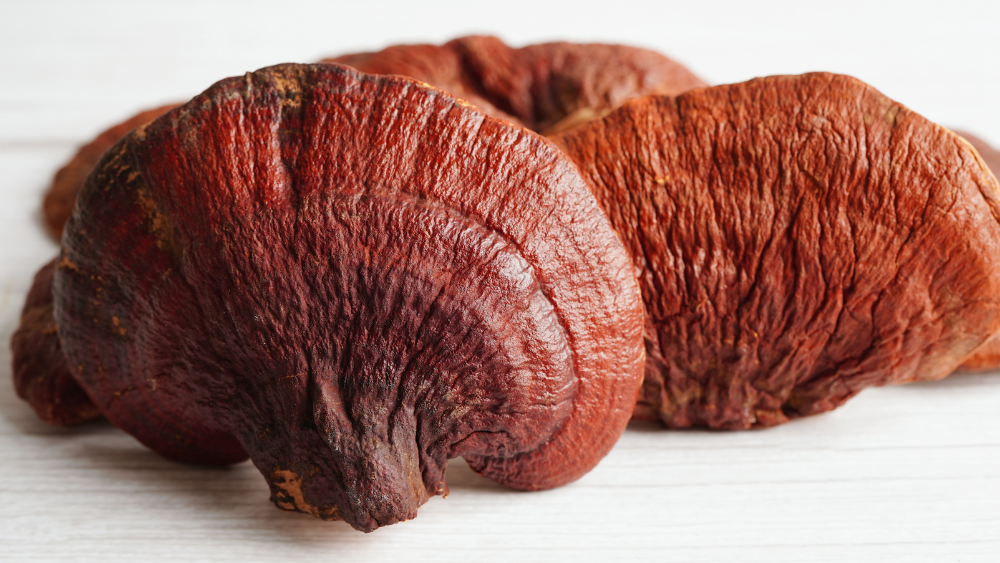
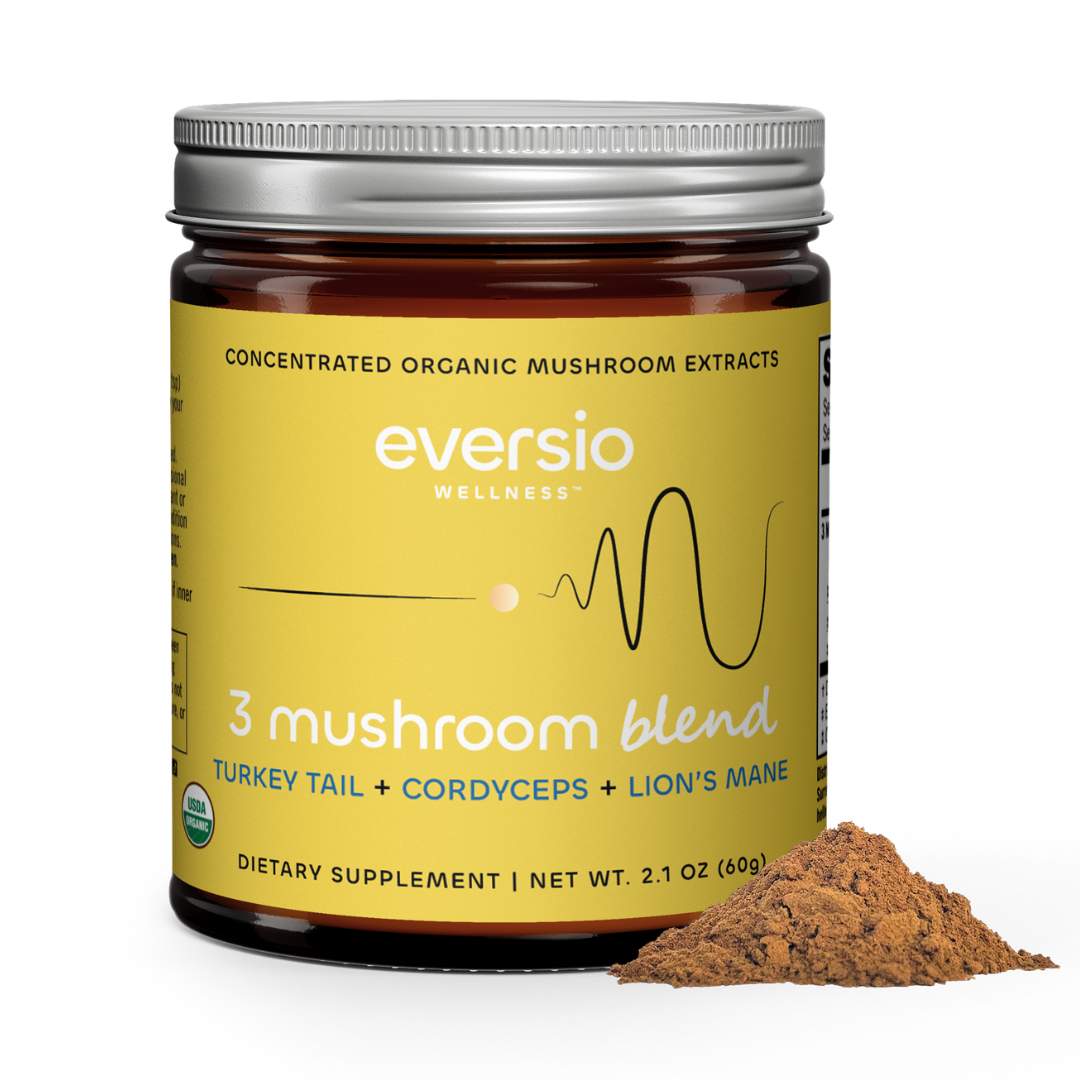
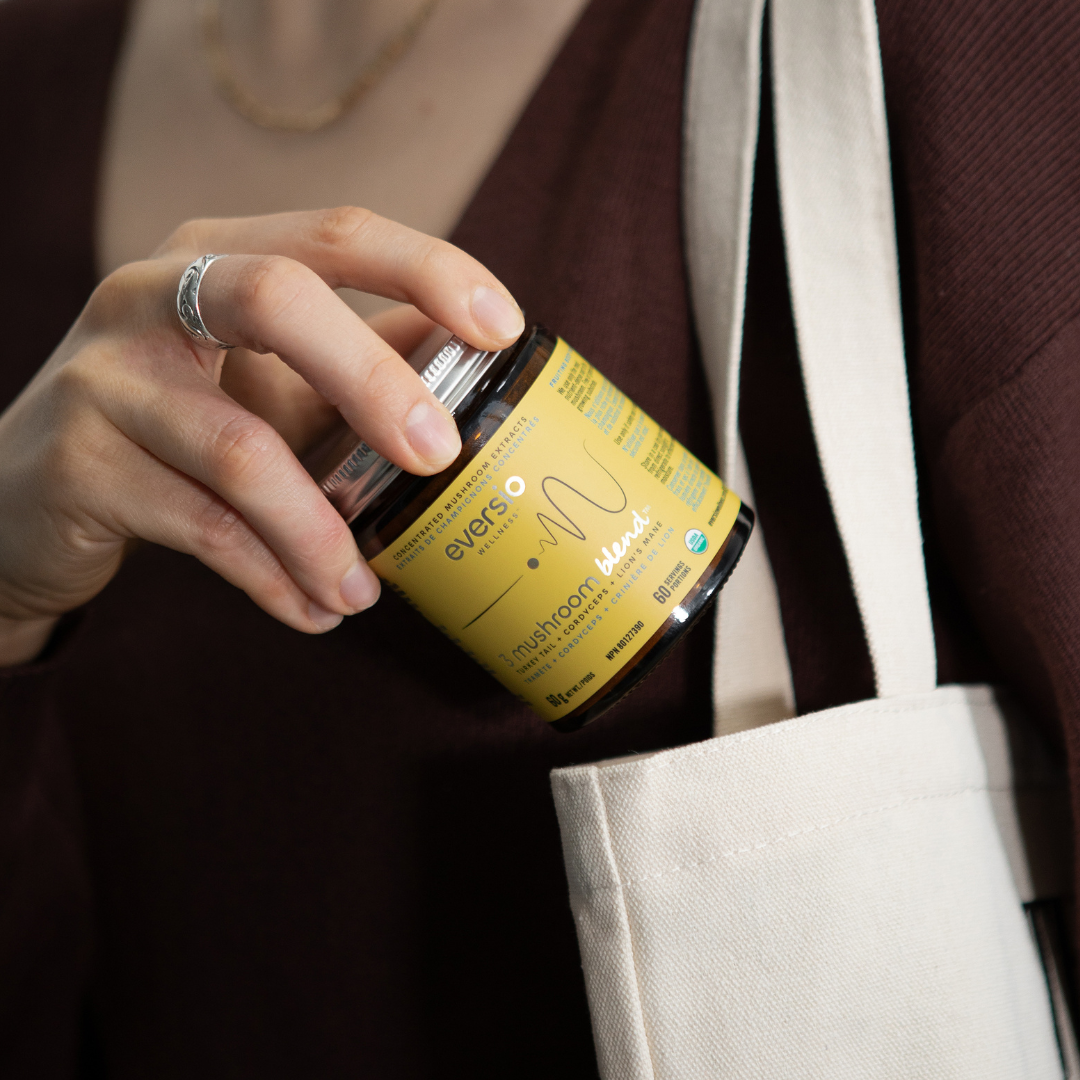

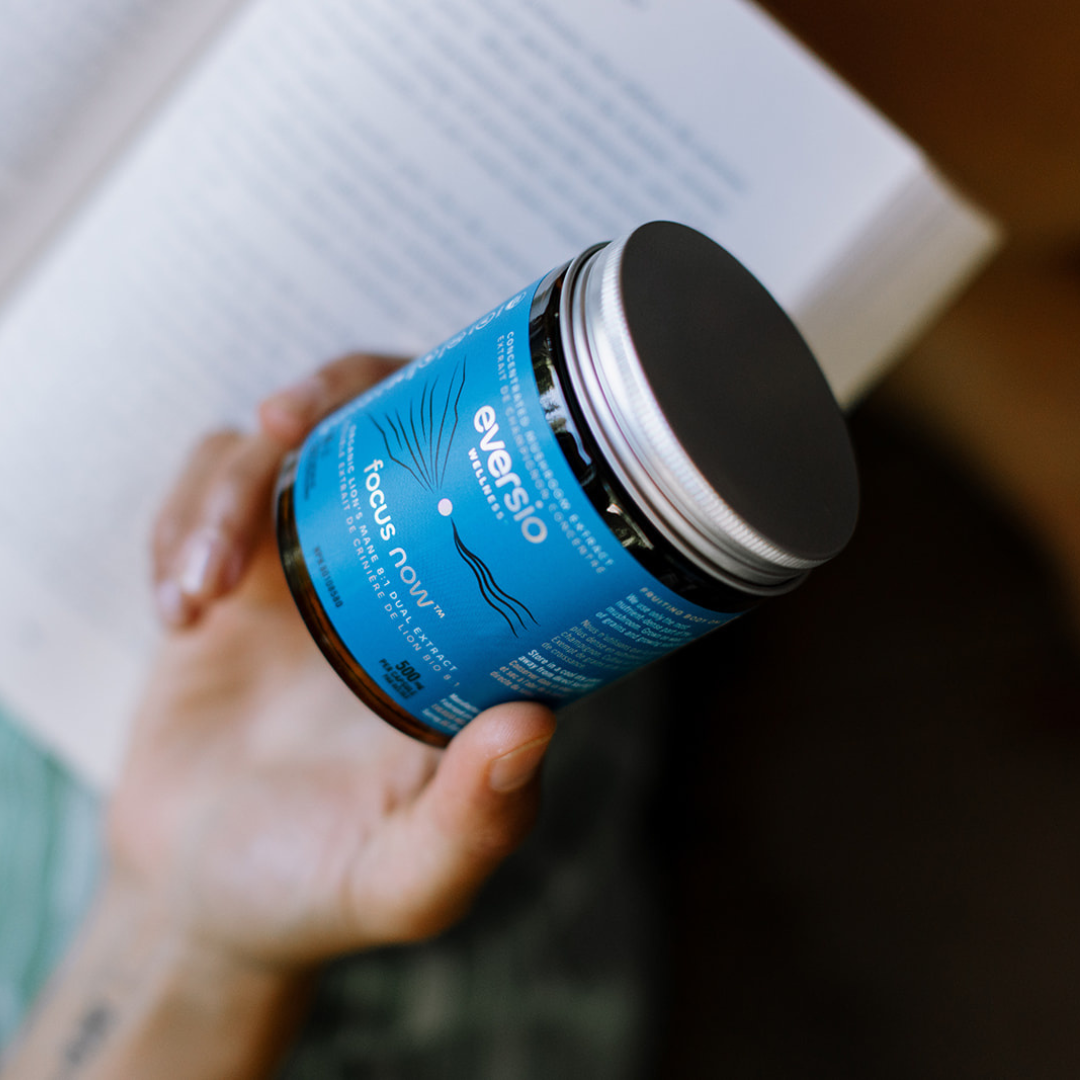
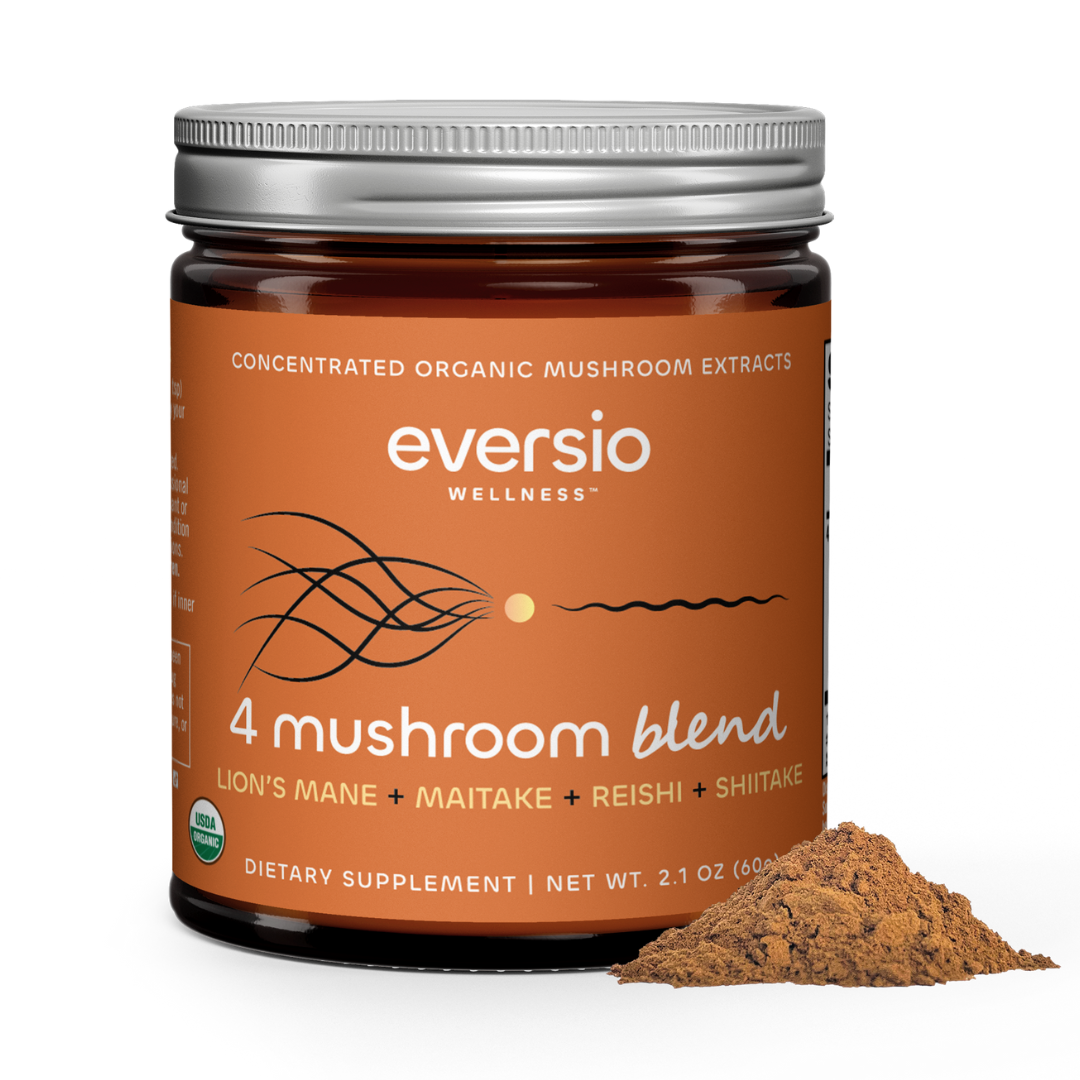


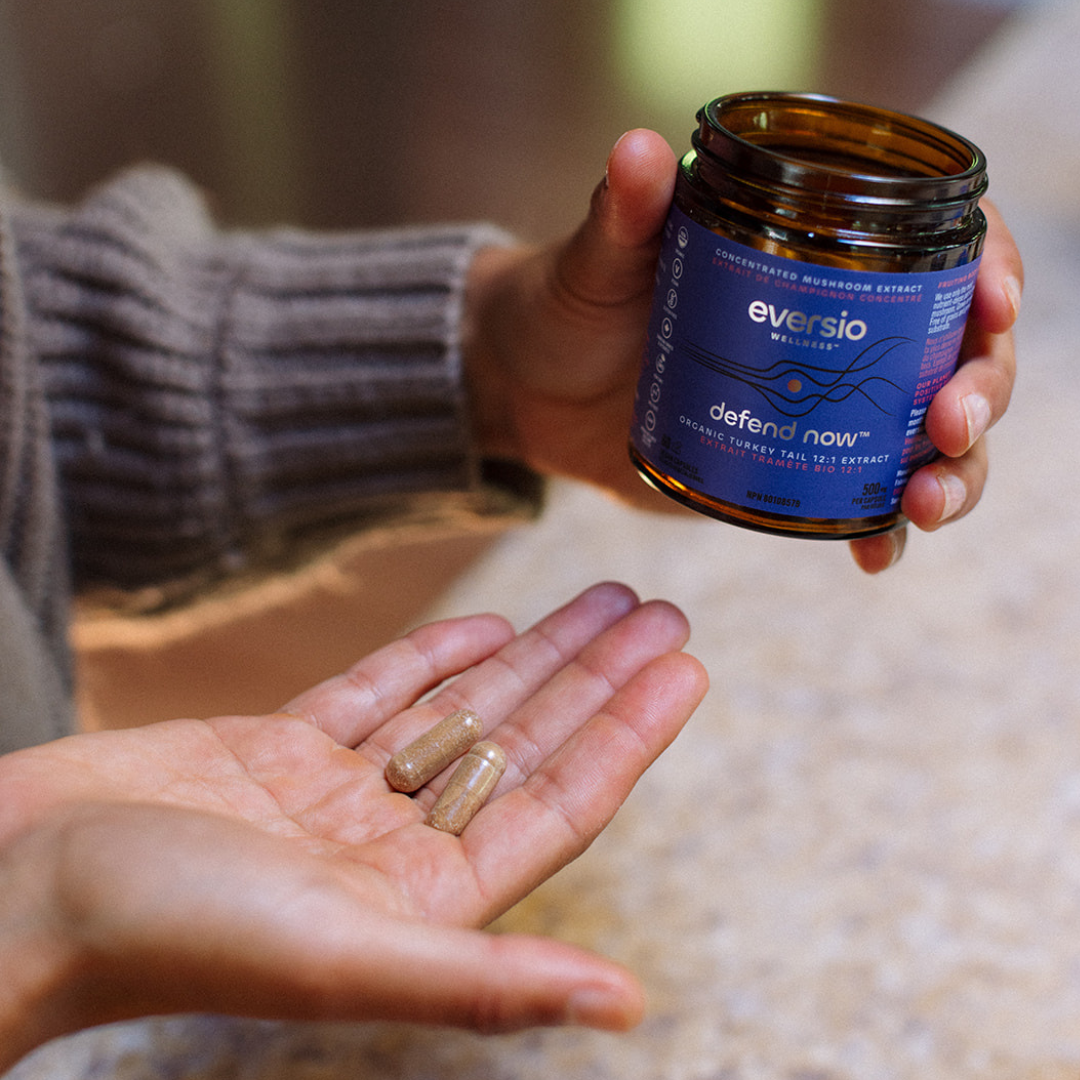
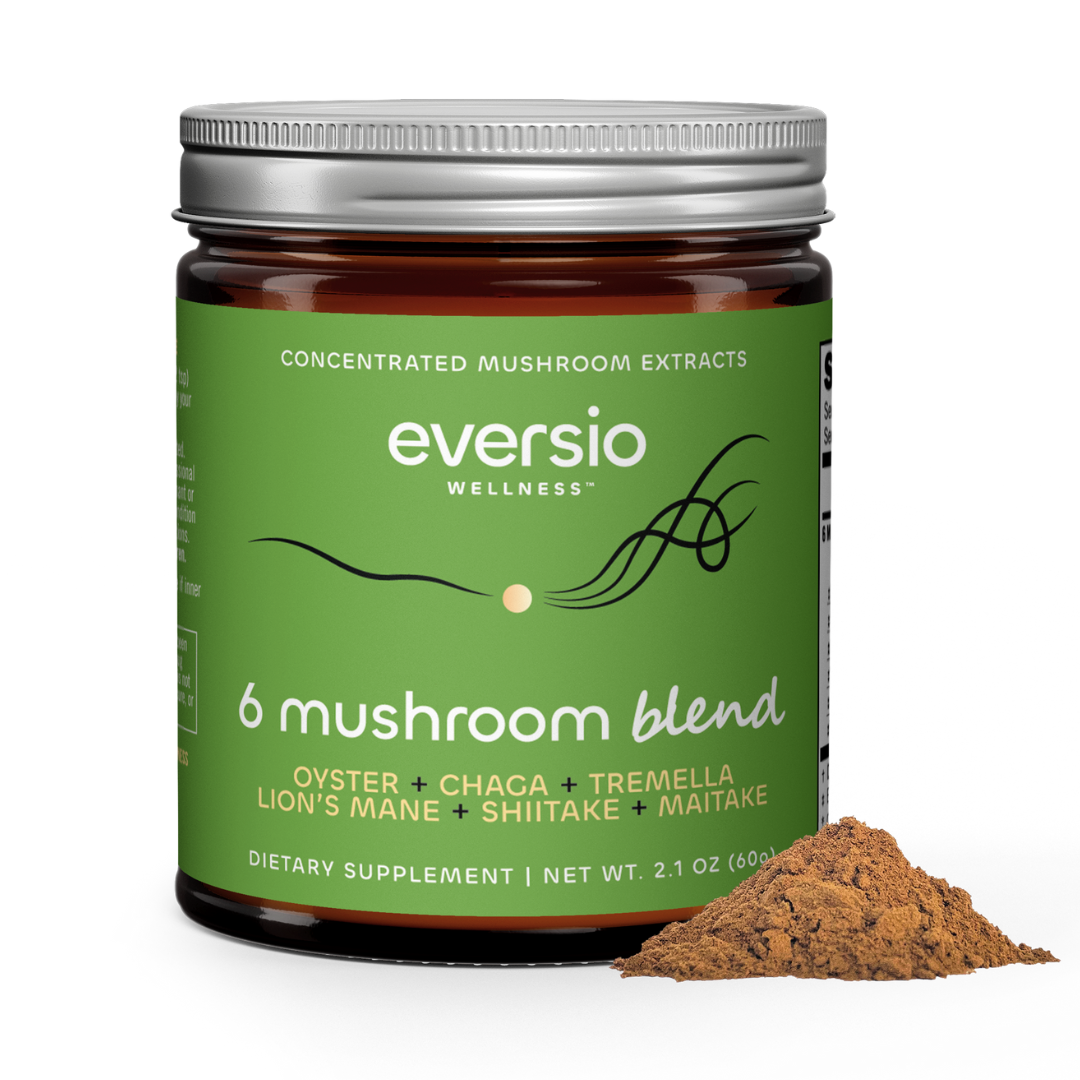
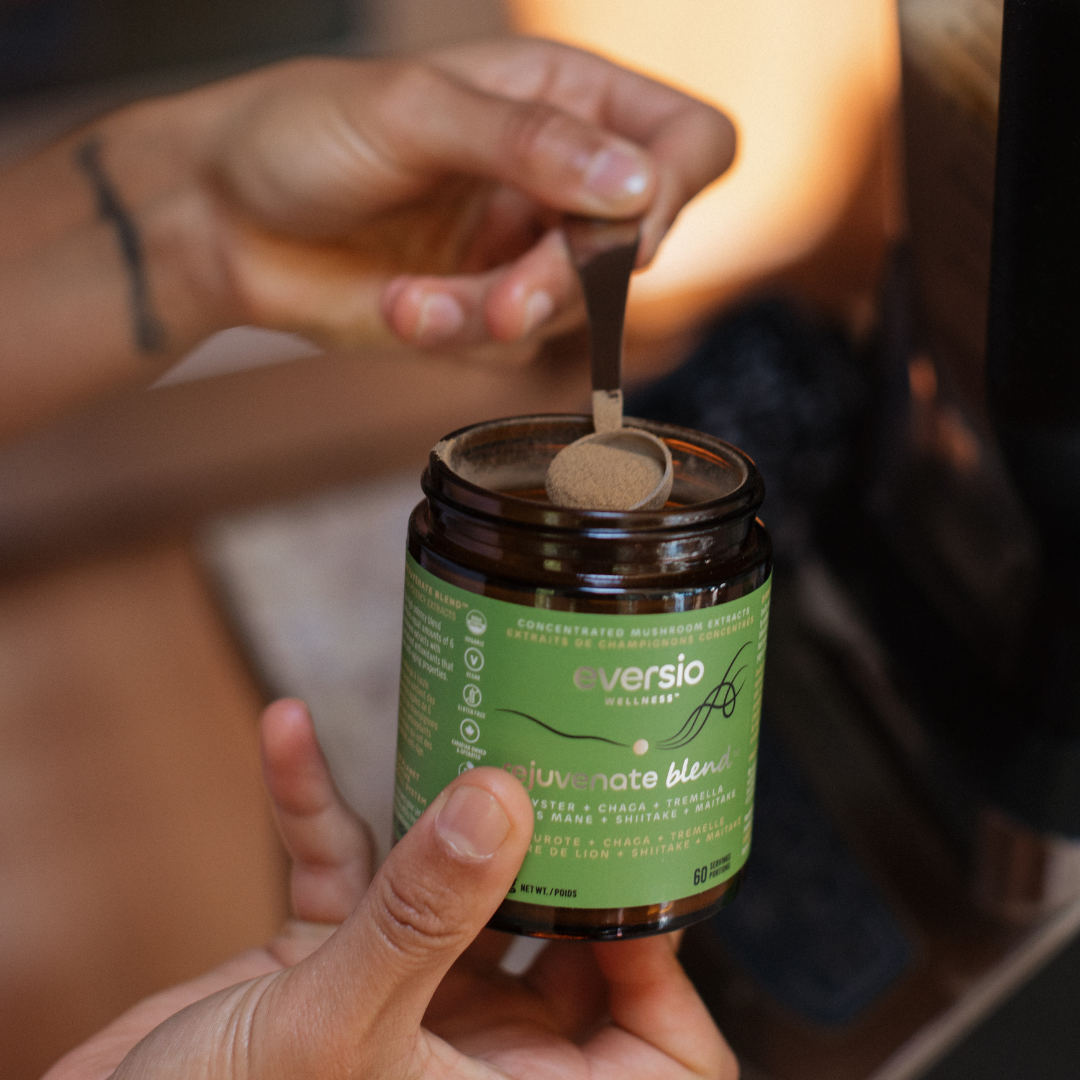
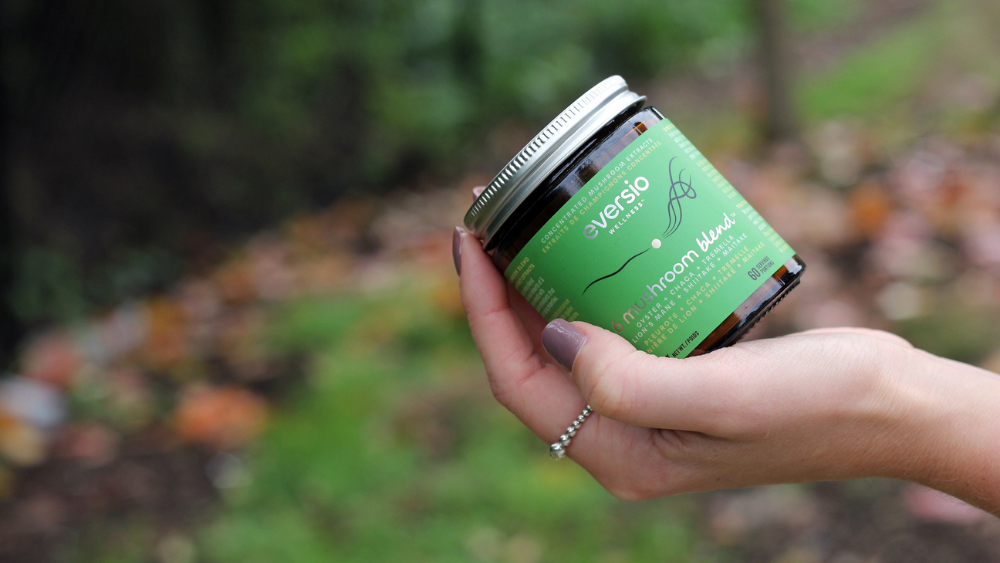







Leave a comment
All comments are moderated before being published.
This site is protected by hCaptcha and the hCaptcha Privacy Policy and Terms of Service apply.